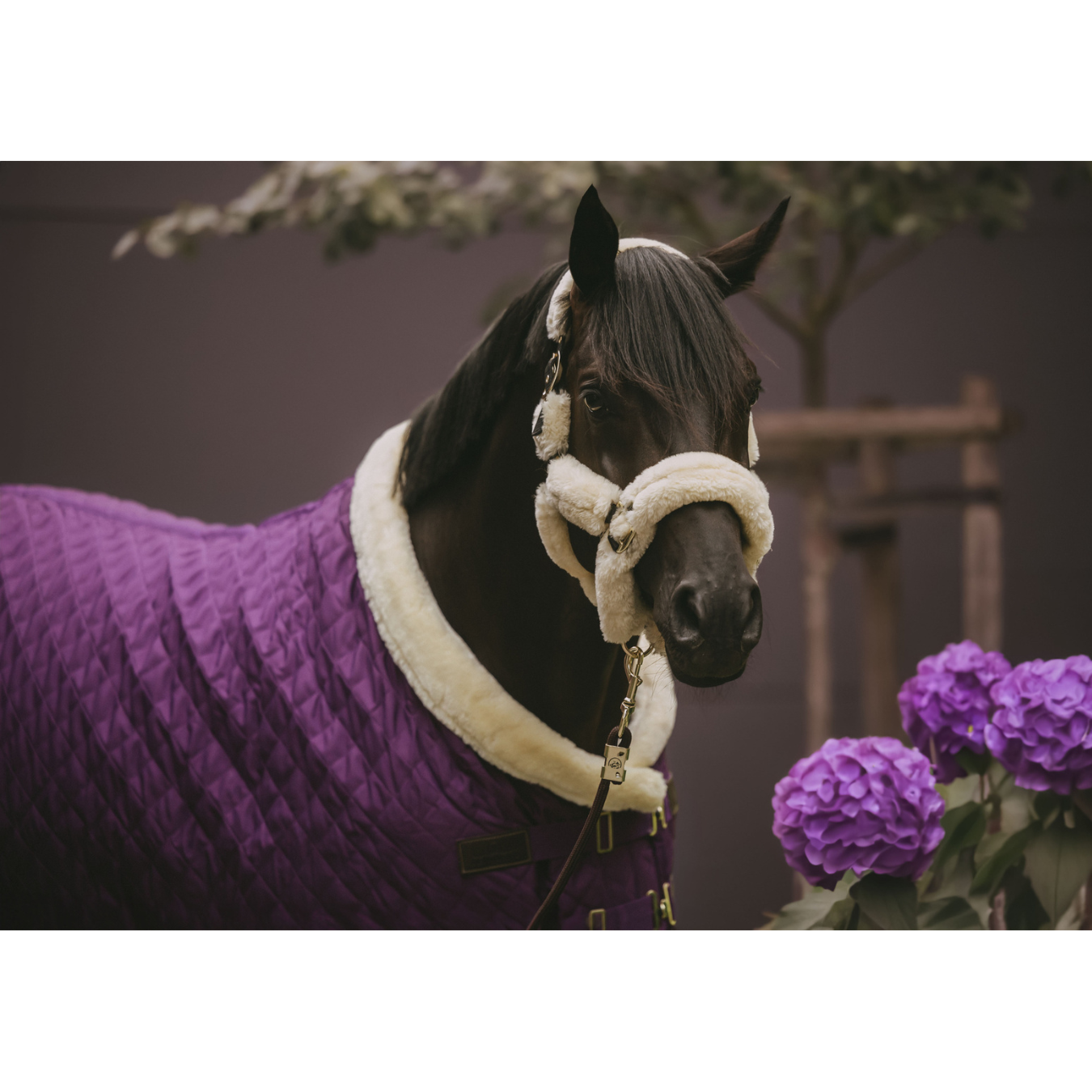David Shoobridge has a wealth of knowledge when it comes to horses and horse riding! David shares with us how he mixes up his weekly routine so that the training is considerate and relevant to the horse, as well as it's age and level of education.

_______________________________________________________________
Whatever our discipline, it’s vital we stay focused, fresh and educated. Bettering ourselves at every opportunity, being accountable not only for our progression, but also for things that haven’t quite gone to plan and having the ability to reflect.
Our responsibility first and foremost is to be a good horse person. After this is achieved, you can decide to be good in your discipline. Being a good horse person requires the person to understand what your horse needs, how it’s thinking, the ability to read triggers, know their limits, and know how to best communicate in any given situation.
Horses don’t have the same cognitive ability humans have. They learn through repetition… but what happens when repetition becomes boredom?
Program
You don't have to work in the arena all the time - there a few different ways to mix up your training sessions. All the horses in my stable have a routine that involves lunging, rides in the paddock (sometimes over cavalettis), fitness rides on hard ground and of course schooling sessions in the arena.
It’s imperative the horses are worked outside the arena a couple of times each week, not only for their physical fitness, but also their mental stimulation.
This work will of course vary due to age and stage of training, whether there are competitions we’re preparing for, whether there are clinics we’re attending or whether I’m away coaching, but as a rule of thumb, as an example, the four-year olds will have a routine such as:
So what do we work on?
Our main focus, irrespective of age and stage is ensuring we have a good forward and back response from our aids, adequate shoulder control, and creating a positive working feeling from our horses.
Using a combination of transitions, forward and back and turning, we can perform just about any movement in the Grand Prix.

Hacking Out
The hack outs are a great opportunity for the horses to do some hill work. Working them on different surfaces is also very important for soundness and their limb posture.
The horses are mostly walked, but there’s also some trot and canter done on the hills. We ask the horses to travel in a deep and round frame and still make some adjustments in the paces – forward and back.
Lunging
The way people lunge is very personal. Depending on the horse, I will use either running reins or side reins as I always like them to work towards a contact. Some people loathe ‘gadgets’ and will have the horse free in the neck, but for me, that doesn’t work.
With the young horses I start them with only one side or running rein. I place this on the outside and clip to the bit and lunge roller. On the inside I will put the lunge rope through the bit and back to the roller. This allows me to move the frame and also allows for lots of ‘give’ if the horse becomes uncomfortable with the contact.
Pole Work
The cavalettis can be as complex or as basic as you like. They can be set on a curved line, at different heights and in spacing for walk, trot and canter.
There are many great references for this training.

Example: Set up some poles or witches hats about 2 metres in from the corner of your arena to help ride your corners accurately, have better shoulder control and more time to prepare for your next movement.
Whatever program you make, ensure you give it every opportunity to work. Commit to your plan but also commit to listening to advice and learning new techniques.
We are always evolving, both in our riding and our communicating with the horses, so don't be afraid to try new things in your training regime every now and then.
_______________________________________________________________
David Shoobridge is a very well accomplished dressage rider as well as an inspiring coach/mentor, who is in high demand as a trainer and clinician. David is also an established breeder with a fundamental knowledge of warmblood breeding lines - he knows how to produce future dressage stars.
For more information, go to: davidshoobridge.com.au
Trailrace have had a wonderful long lasting relationship with David and we're looking forward our continued involvement together.


